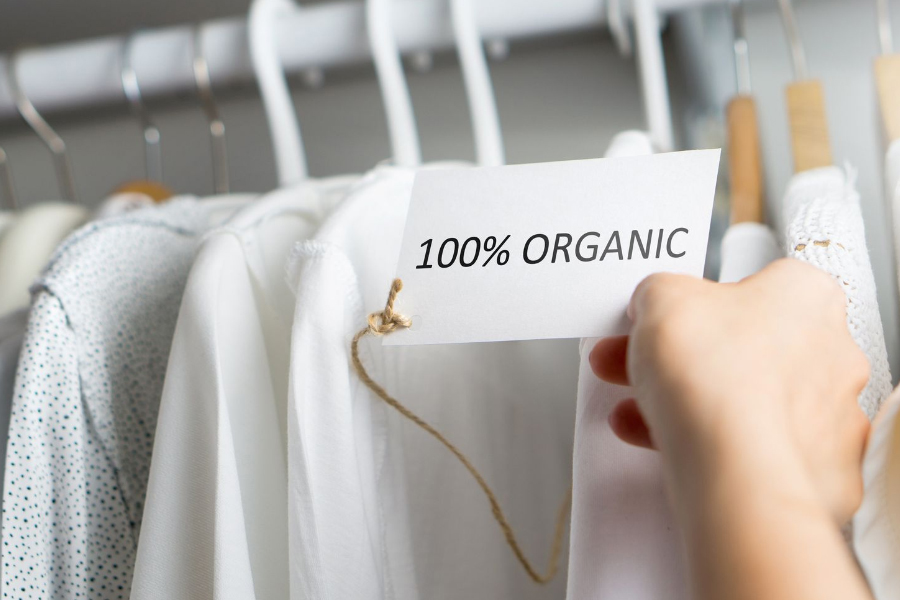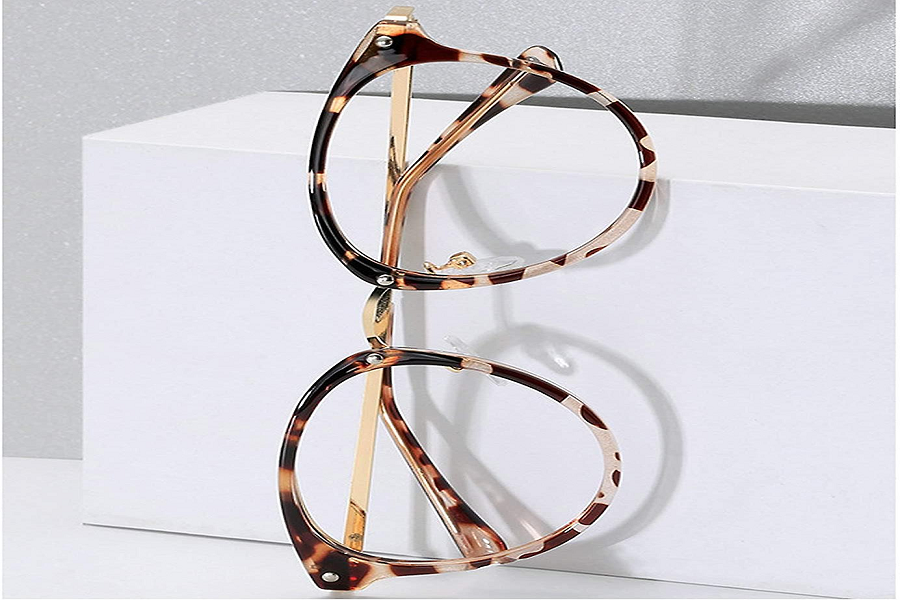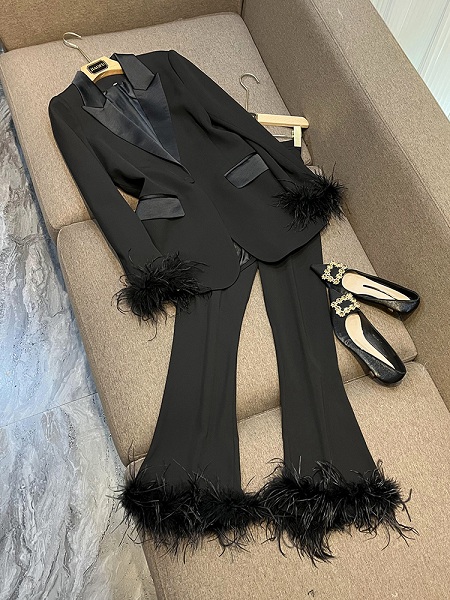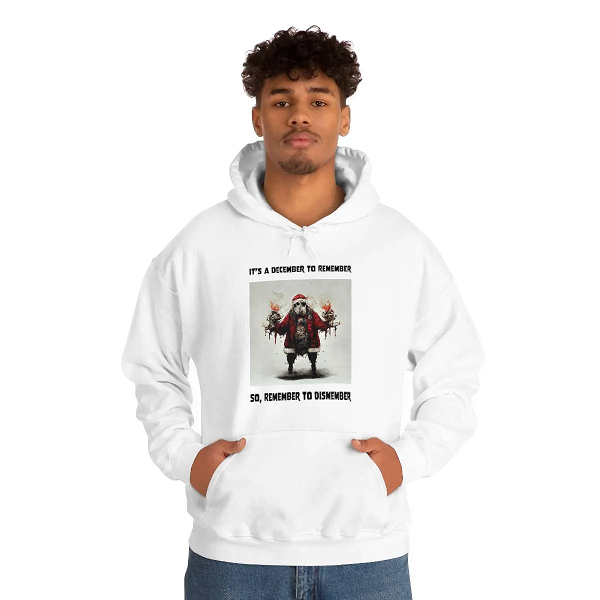To be ethical, a brand must focus on specific values. However, not all ethical brands are the same. Consumers need to look for clothing that matches their values and ethics. To find an ethical brand, start by looking at their website. You can learn about their commitment to social and environmental issues.
Ethically Made Clothing is better for the environment and the people who produce it. It also respects fundamental human rights, such as paying fair wages and ensuring safe conditions for workers. In recent years, companies have been increasingly outsourcing their production, but this poses a significant challenge in terms of compliance with various laws.
Ethical fashion focuses on transparency and the supply chain. Fair wages and working conditions are central to ethical fashion, and the practices of clothing manufacturers must ensure that all workers involved in the production process are being treated fairly. Ethical fashion aims to create more equitable conditions for workers and reduce the negative impacts of the industry on society.
Ethical brands follow a circular production line, which focuses on waste reduction and reuse. This means that their clothing does not end up in the landfill, but is recycled or repurposed. By recycling and reusing old clothes, these brands reduce their environmental impact and the cost of manufacturing.
Buying organic clothing is also better for the environment. Fashion brands that use organic cotton and other natural fibers use less energy and water. This reduces carbon emissions, as well as chemicals discarded in the environment. Many companies produce organic fabrics, but they still need to use chemicals to dye them.
Ethical fashion has many definitions and is an increasingly popular lifestyle choice. Ethical fashion can be a reflection of your personal values. If you value the health of people and the environment, this fashion may be the best choice for you. It’s important to do your research before purchasing a piece of clothing.
Ethical clothing makes it easier to make decisions that benefit the environment and people. Using organic cotton, avoiding harmful chemicals, and choosing sustainable fabric manufacturers, can help reduce your impact on the environment and your wallet. Sustainability is key for the future of the fashion industry. A brand that practices sustainable manufacturing is the best choice.
In order for ethical clothing to become a mainstream trend, brands must integrate social and environmental issues with their business. For example, Vanesa Vinhas donates a portion of its profits to a nonprofit organization that empowers women. Other ethical fashion brands focus on sourcing materials from fair-trade suppliers. In the long run, sustainable fashion will become the norm in the fashion industry.
An ethical fashion brand should avoid animal testing and cruelty. It should be made from organic, recycled materials, and fair wages.





